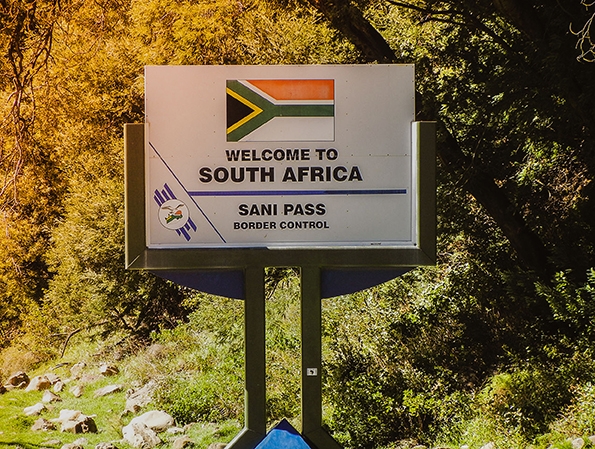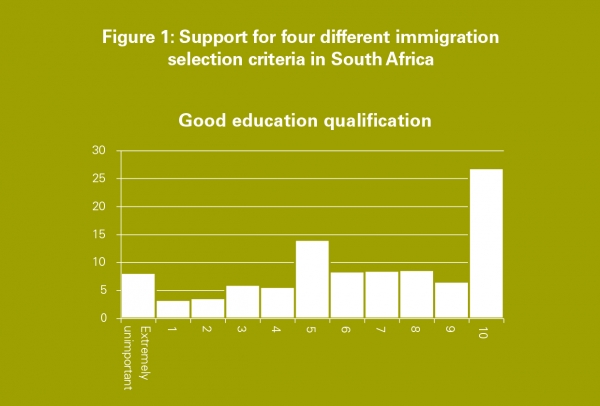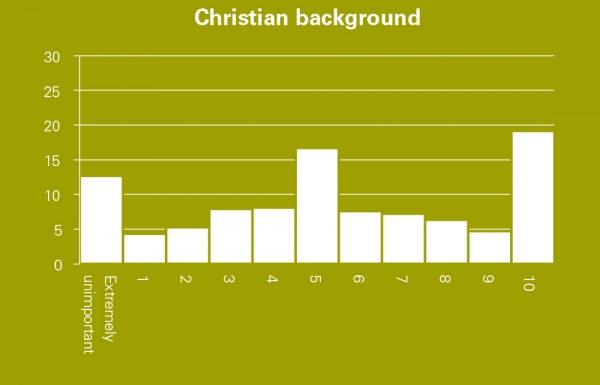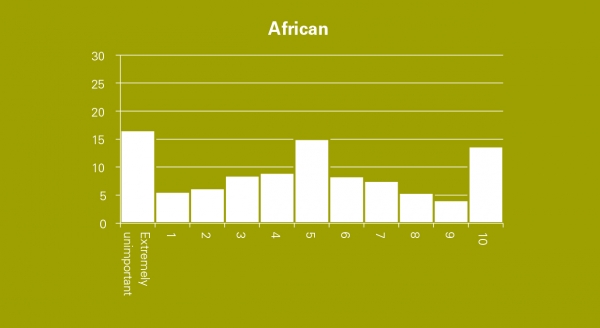Who should be let in? Public attitudes towards immigration selection criteria
Immigration has become an emotive topic of debate globally. The question of who should be allowed to cross national borders has divided people in Europe and the United States, and we have seen walls go up all over the developed world. But what about South Africa? Who do the general public think should be allowed to enter the country’s borders? According to the findings of the HSRC’s South African Social Attitudes Survey (SASAS), they seem to prefer immigrants with work skills and education. By Dr Steven Gordon
The South African government has been debating who should be allowed entry into the country for generations. Today, skilled immigration is an area where debate is especially fierce. Critics argue that existing laws and procedures make it difficult for skilled migrants to enter and undermine much-needed enterprise development. The current visa requirements have been criticised as excessive, uncompetitive and harmful to economic growth. Moreover, the government has been accused of routinely underestimating the number of skills permits required by the labour market.
Until recently, we knew little about what the general public thinks about immigration selection criteria. This is a serious oversight given the efforts to reform immigration legislation in South Africa via the White Paper on International Migration.
Asking the public
In the latest round of the South African Social Attitudes Survey (SASAS), HSRC researchers included a set of questions on immigration selection criteria. SASAS is a nationally representative survey series administered by the HSRC and the last round was fielded in late 2018. Fieldworkers interviewed adults aged 16 years and older living in private households and the sample size for the survey was 2885.
The respondents were asked to rate four types of immigration criteria. The exact wording of the question was as follows:
Please tell me how important you think each of these things should be in deciding whether someone born, brought up and living outside South Africa should be able to come and live here: (i) educational qualifications; (ii) Christian background; (iii) work skills that the country needs; and (iv) being African.
Responses were coded on a scale from extremely unimportant (0) to extremely important (10). When answering these questions, a small number responded ‘don’t know’. These responses were treated as missing.
Results
Out of the four selection criteria, ‘work skills and education’ were the most highly-rated as being important and the least important was ‘being African’. This result suggests that there will be a degree of public backlash against regional integration efforts proposed by the African Union (AU). As part of its Agenda 2063, the AU wants to position ‘being African’ as one of the main criteria for cross-border migration on the continent.
For most of South African history, questions relating to who gets into the country were centred on race and religion. In days long past, parliamentarians would raise angry rancour about non-Christian immigrants. Given how much the immigration debate has changed in the last 20 years, it is surprising that Christianity was ranked as an important selection criteria by so many in the country.
Conclusion
The modern South African migration regime is not perfect and significant reform is required. The current task is to stimulate economic growth by encouraging more skilled and entrepreneurial immigration. The visa application processes for this type of immigration must be streamlined and made faster, cheaper and more convenient. Such reform will not be easy, but public opinion is behind policies and programmes that allow qualified people to enter the country.




